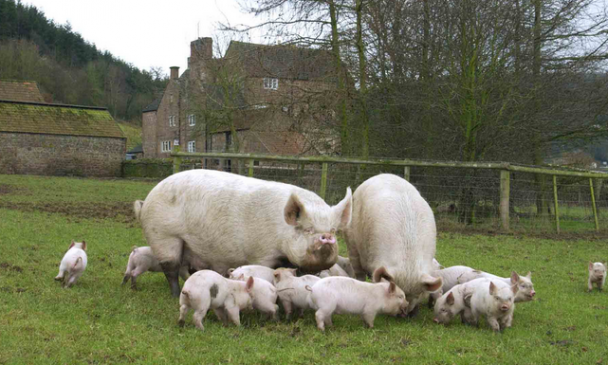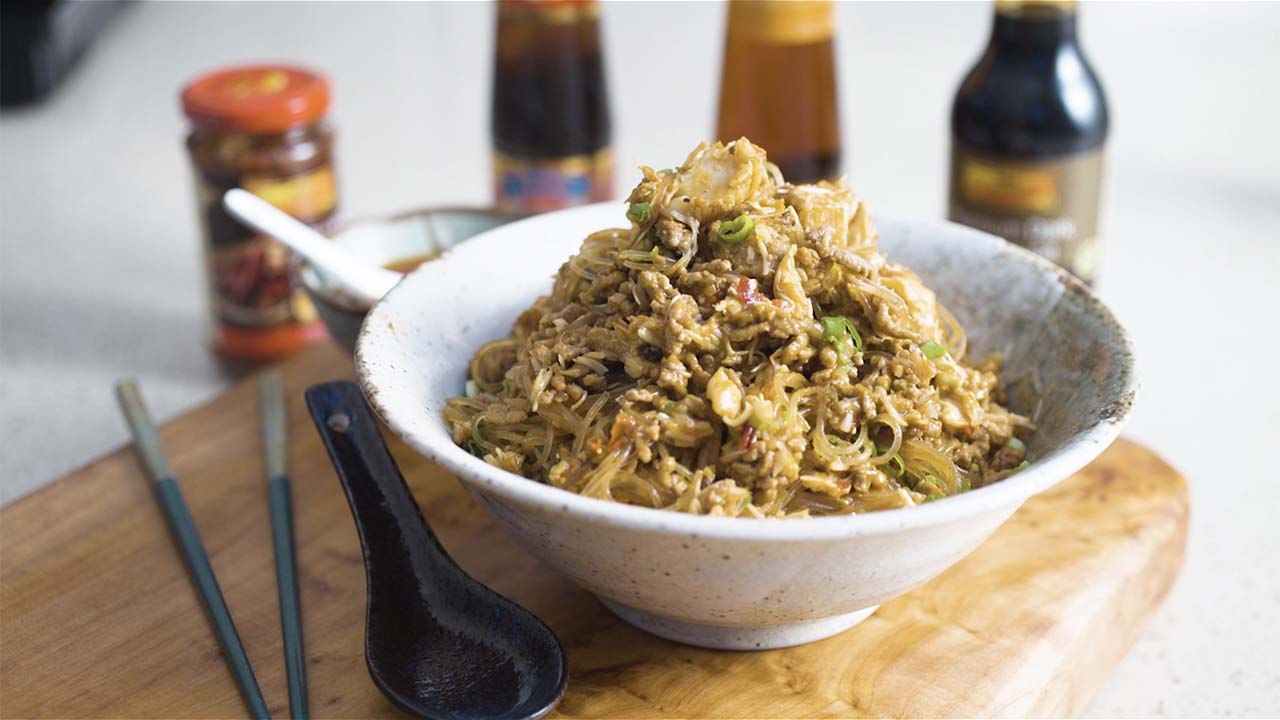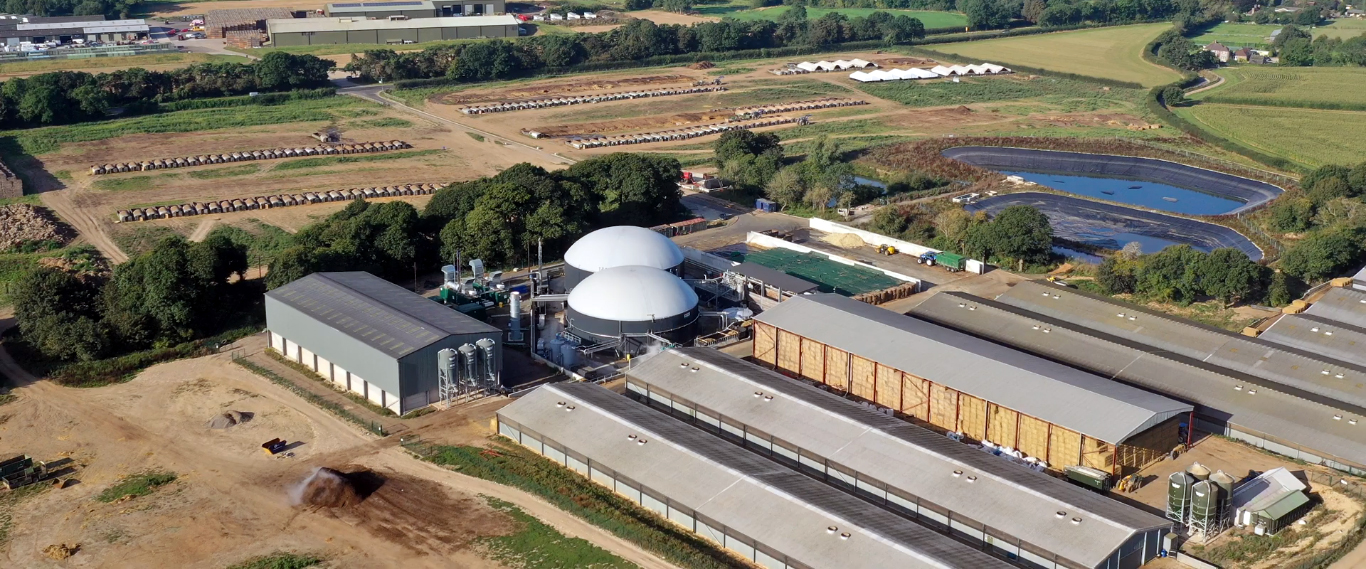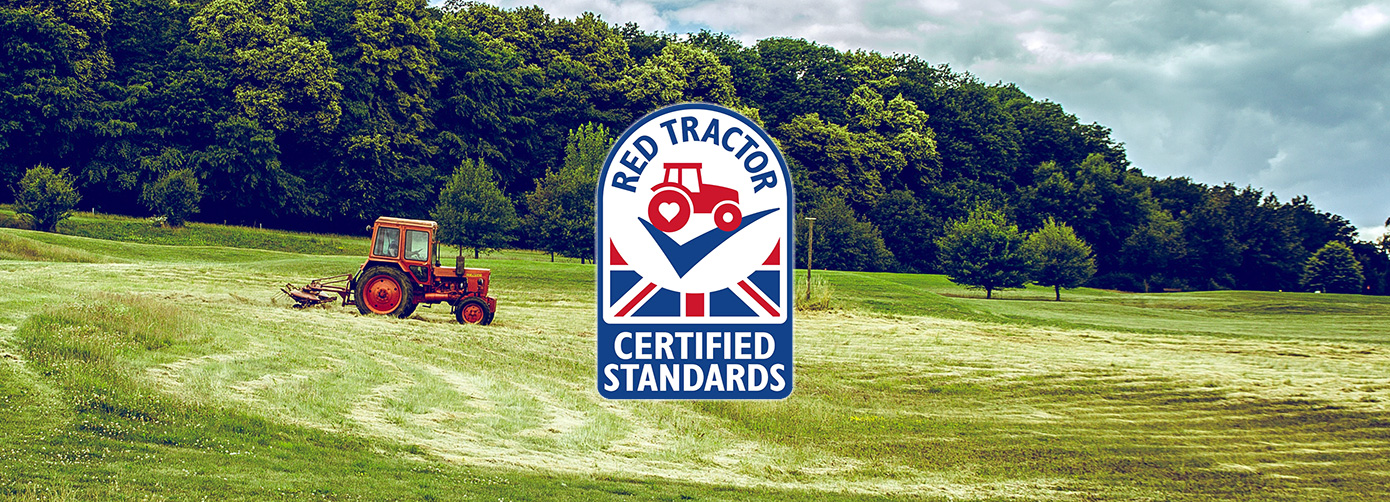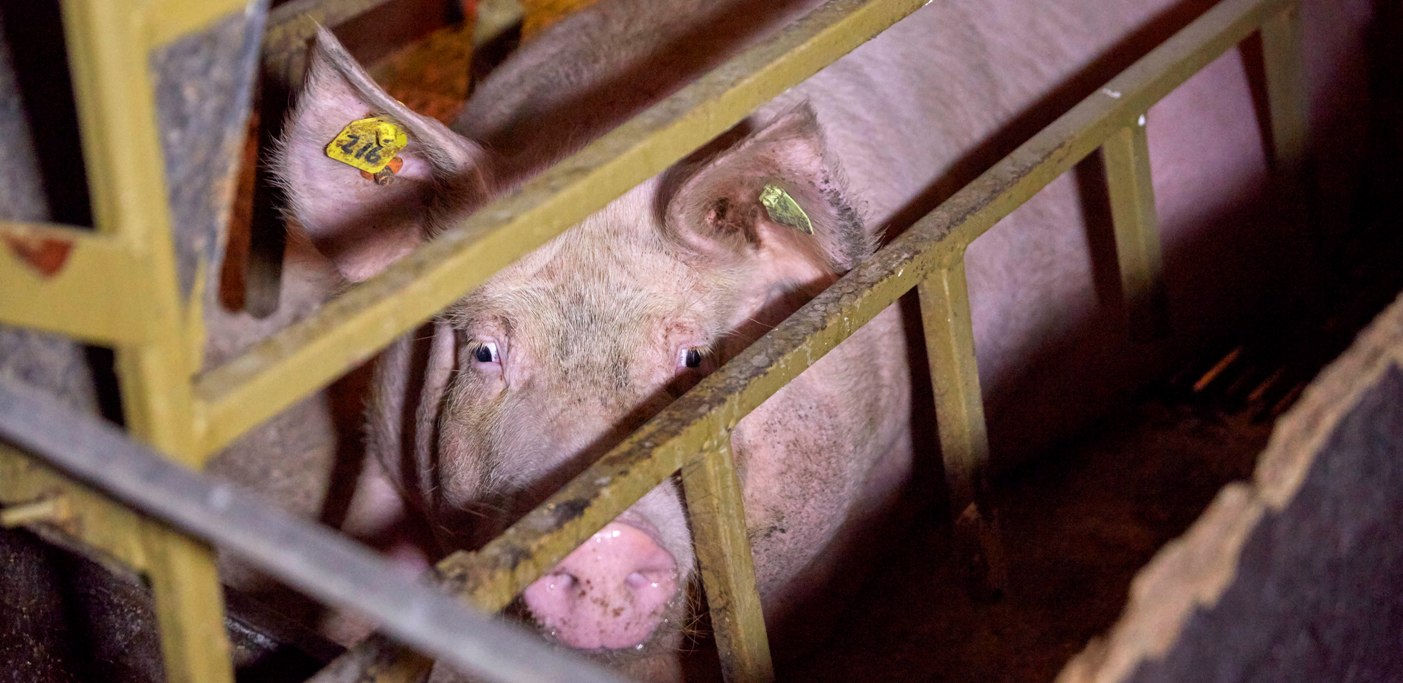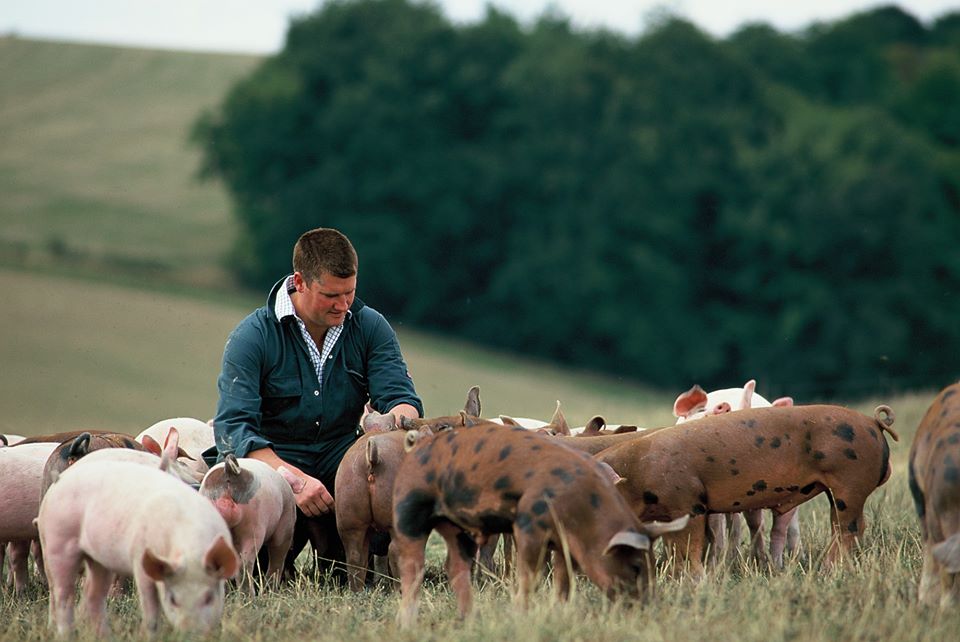By Alex MacEachern & the Farms Not Factories Team, May 11, 2014

Seasonal eating, organic fare, homegrown produce and such are all the rage in London with eateries across the capital fanning a clean eating craze that is long over due. On the flip side of this is a high demand for cheap meats, with imported pork from the EU flooding the UK market with pork from inhumane animal factories that go against everything the free and fair food revolution (and the law) is trying to do. The Pig Pledge, the creation of eco-campaigner Tracy Worcester, educates us on the truth behind ”a system that abuses animals, pollutes the air and water, threatens human health with the overuse of antibiotics and devastates rural landscapes and communities. The solution, as you will read, is really quite simple, buy high welfare meat.”
Industrial pig farming is a dirty business and the true cost of “cheap” meat may come as surprise. What is incredible about the Pig Pledge campaign is that no matter your angle, whether it is the story behind the food you and your family eat for your own wellbeing or your horror at the way factory farmed animals are crammed into overcrowded, unhealthy and stressful conditions, this campaign shows you how you can help change the system by the very simple act of buying high welfare pork produced on humane and healthy farms.
Happy pigs at Huntsham Court Farm – www.huntsham.com
Animal Welfare in the UK vs imports
Although the UK has some of the highest welfare standards for pork production in the world, our food system is flooded with cheap imports that are produced in conditions that are illegal in the UK. Importing “cheap” low welfare meat undermines UK farmers and simply exports the cruelty abroad. The lack of information about the realities of factory farming puts us all at risk of inadvertently participating in an unjust food system that rewards the worst practices in a race to the bottom to produce the cheapest pork, bacon, ham and sausages. Meat is imported from countries in the EU and a 2013 report by Compassion in World Farming reveals widespread non-compliance with animal welfare regulations.
What you need to know about bad Animal Welfare practices and the law
The report found that the new restrictions on the use of sow stalls (metal cages that confine mother pigs in a steel cage so narrow they cannot turn around) are being ignored all over the EU and that illegally produced pork is being sold every day in the UK. The law also says that pigs must have access to manipulable material such as straw for bedding or enrichment materials, which are used as an outlet for their natural behaviours, mental wellbeing and physical comfort. However a 2009 report by CIWF found that in six EU countries (including the UK) between 36% and 100% of the factory farms inspected had no effective enrichment materials. This lack of compliance is largely due to the incompatibility between straw and the widely used low-cost slatted floor, utilized so waste can drop into tanks below the pen.
Tail docking is another practice that was supposed to have been banned. This too is not being adhered to and animal factories are still cutting off piglets’ tails to prevent other animals from biting them off out of frustration and aggression. This preemptive practice is supposed to be used only once the source of aggravation is removed (ie. the pigs are provided with more space, access to the outdoors, or the appropriate materials for them to live comfortably). The CIWF investigation into five EU countries found that 70-100% of the farms they visited were routinely docking the piglets’ tails.
It is easy to conjure up an image of a prancing little piglet all pink and divine. The reality of the meat that most people buy is far from idyllic. In animal factories, sows (female breeding aged pigs) are kept in metal “stalls” where she cannot turn around, where there is no bedding and she cannot root or forage. She will spend her days alone and isolated until she is ready to give birth. She is then moved to a farrowing crate where her babies are born onto a concrete floor and she cannot turn around to clean them. She is allowed to feed her piglets for up to 4 weeks before they are taken away (wild piglets suckle for 12 weeks).
Although sow stalls are banned in the EU and UK, there are provisions made which allow sows to be kept in them for certain periods of their gestation and because pigs have approximately 2 litters per year, there could be periods of up to four months when they are kept in these inhumane conditions. The lifespan of these animals is not only horrendous it is unnecessarily short with piglets slaughtered at six months of age and sows being bred for three years before being slaughtered. A wild pig will live for between 15 and 20 years ~ decidedly longer than their domestically reared counterparts.
Pigs kept in inhumane, factory farm conditions
Resistance to Antibiotics and Environmental Degradation
In factory farm environments, piglets are weaned around four weeks and sometimes as young as 18 days. This early weaning leaves the piglets with a weakened immune system and makes them susceptible to disease and infection. Because of this, routine antibiotics are used to prevent disease in the overcrowded conditions associated with industrial scale farming. In the UK, approximately 50% of all antibiotics created are used for agriculture and 64% of this total are used on pigs as they are often in more crowded conditions than on other animals factories. Concerns arise when humans begin to show antibiotic resistance to once effective medicines, putting us all at risk of serious harm from conditions that were once treatable.
In addition to this, the large amount of antibiotics ingested by pigs creates another issue. Pigs produce ten times as much fecal waste as humans so with thousands of pigs in one shed there is a lot of waste to consider. In some countries, pig waste is sprayed on agricultural fields. Although animal manure has been used for millennia for fertilizer, spreading waste from animal factories is not quite the same. This waste is full of antibiotic resistant organisms and the quantities are too vast to be useful to any farmer’s field. When the ground becomes saturated, the waste either leaches through to the ground water or runs off into local lakes and streams. The high levels of nitrogen can also lead to algae blooms in the water system suffocating aquatic life.
Where’s the Good News?
Luckily there is some good news at the end of this sad tale! There are high welfare meat options so you can keep your morals in check and meat in your diet. Currently there are a number of labels that help you in the grocery aisle. You can choose: RSPCA’s Freedom Food label which fights for better welfare standards, more space and bedding for indoor and outdoor reared animals. There is also meat that is certified organic whose label covers animal welfare, chemical use on land, soil integrity and provides uncultivated land for native animal species. Also in some supermarkets you will find the labels Outdoor Reared and Free Range. You can also buy directly from the farmer, which does not necessarily ensure a humanely raised animal, so make sure you ask questions about their farm to be sure you are getting the product you think you are paying for. Be sure that whatever label you choose you understand what they stand for and that the product you are supporting meets high welfare standards.
This truly is a campaign from the heart and one that covers so many facets of this horrible industry that there’s motivation aplenty to increase one’s awareness and buy high welfare pork. It is clear where my heart lies with this issue. My entrée into food ethics began with the love of a gentle pink pig named Nancy. From there, I have spent my life in various facets of the ethical food world. The Pig Pledge is a way that the public at large can vote with their purse, a commonly used tagline in the world of ethical eating, but one that stands true and is worthy of repeating. If every package of meat you purchase has a label that indicates high welfare standards you will be making a massive difference by supporting healthy humane farms and driving down the demand for factory farmed pork. When eating out, ask about the background of the meat they are serving or search for restaurants that take pride in serving high welfare options. And lastly and most simply, take the Pig Pledge to show your support publicly for these lovely creatures.
More information can be found on their website as well as a directory of high welfare farms and distributors atwww.farmsnotfactories.org.
* Alex MacEachern is a food writer and chef who among other exciting things has worked with Rose Prince on pop ups in Battersea, London
Take the Pig Pledge at www.pigpledge.org!
Share This Article
Related ArticlesView All
Ching He Huang says #TurnYourNoseUp at Factory Farming
TV chef and food writer Ching He Huang MBE, says #TurnYourNoseUp at factory farming. Her food ethos is to use… Read More
Anaerobic Digesters Facilitating UK Factory Farm Expansion
Malcolm McAllister, CEO of Farm Renewables UK, paints a rosy picture of the anaerobic digester (AD) plants which his company… Read More
Is Red Tractor High Welfare?
When it comes to buying pork, the Red Tractor label does not offer any assurance that the pigs were raised… Read More
Cruel Farmers or a Cruel System?
The horror story experienced by US pig farmers who, between May and September, will have cruelly euthanized 10 million pigs,… Read More
#SaveBritishFarming London March
Yesterday, farmers and activists gathered in London to protest the real prospect of sub-standard imports from the US that would… Read More
Farm Case Study 13: Farmer’s Choice, Hampshire
Jason from Farmer’s Choice Free Range in the South Downs says COVID-19 caused an increased demand that was driven both… Read More
